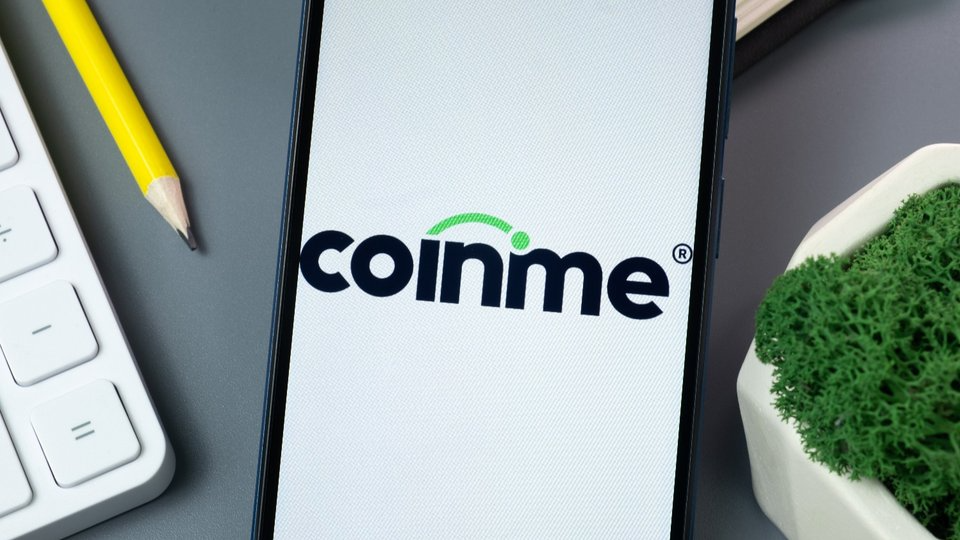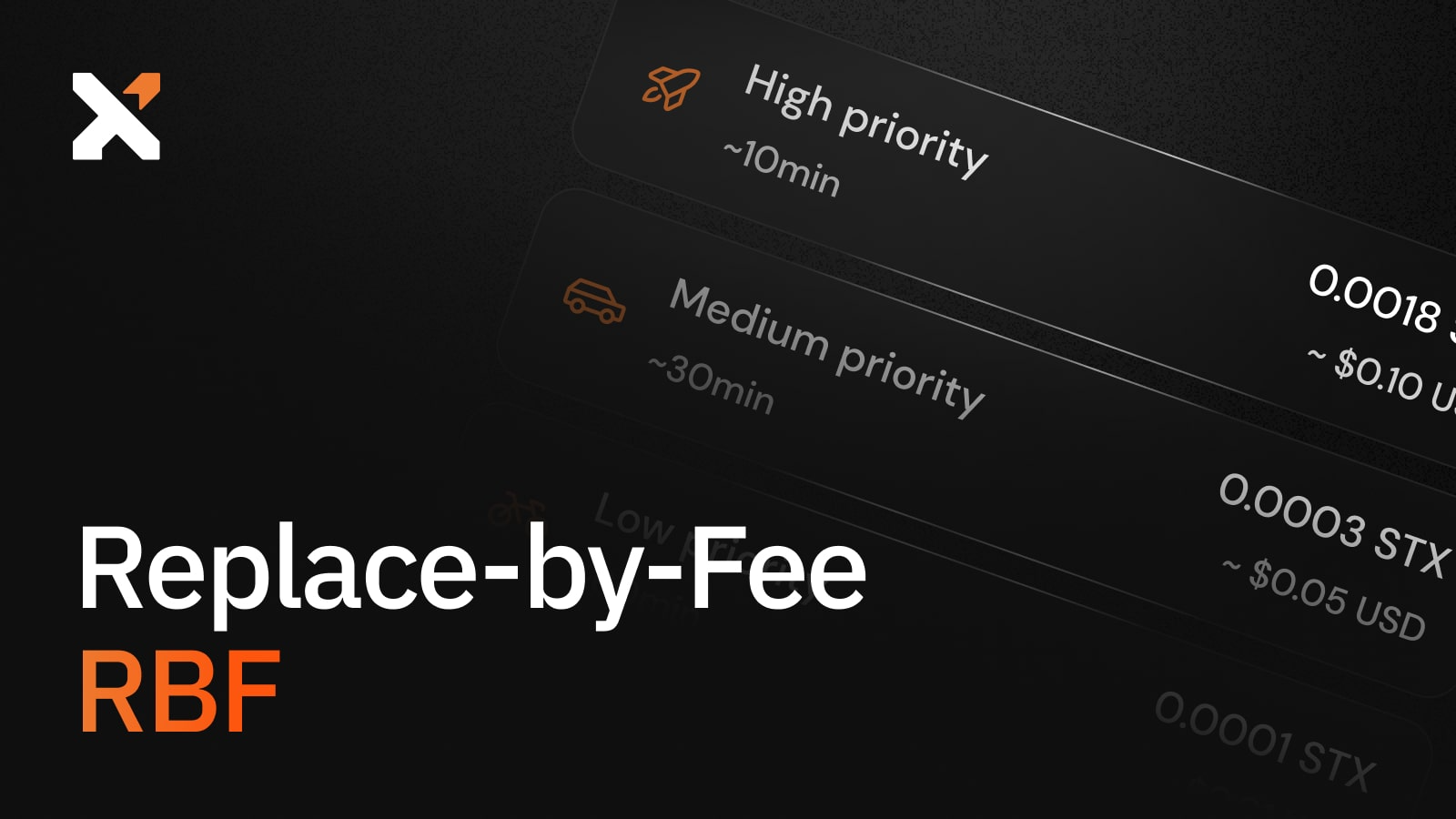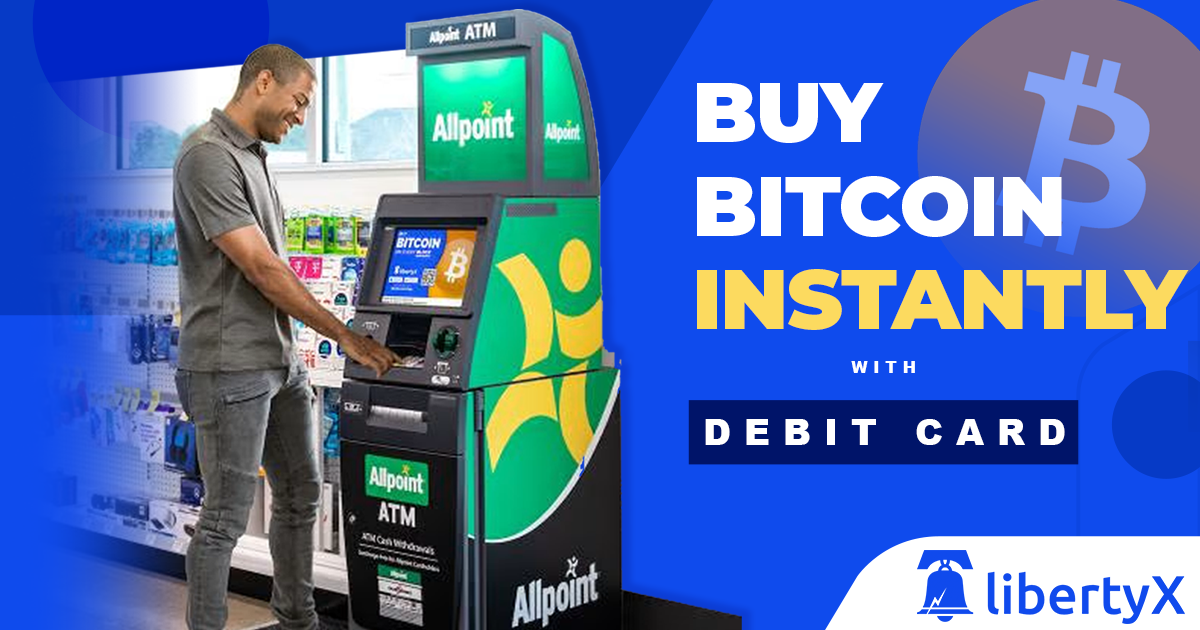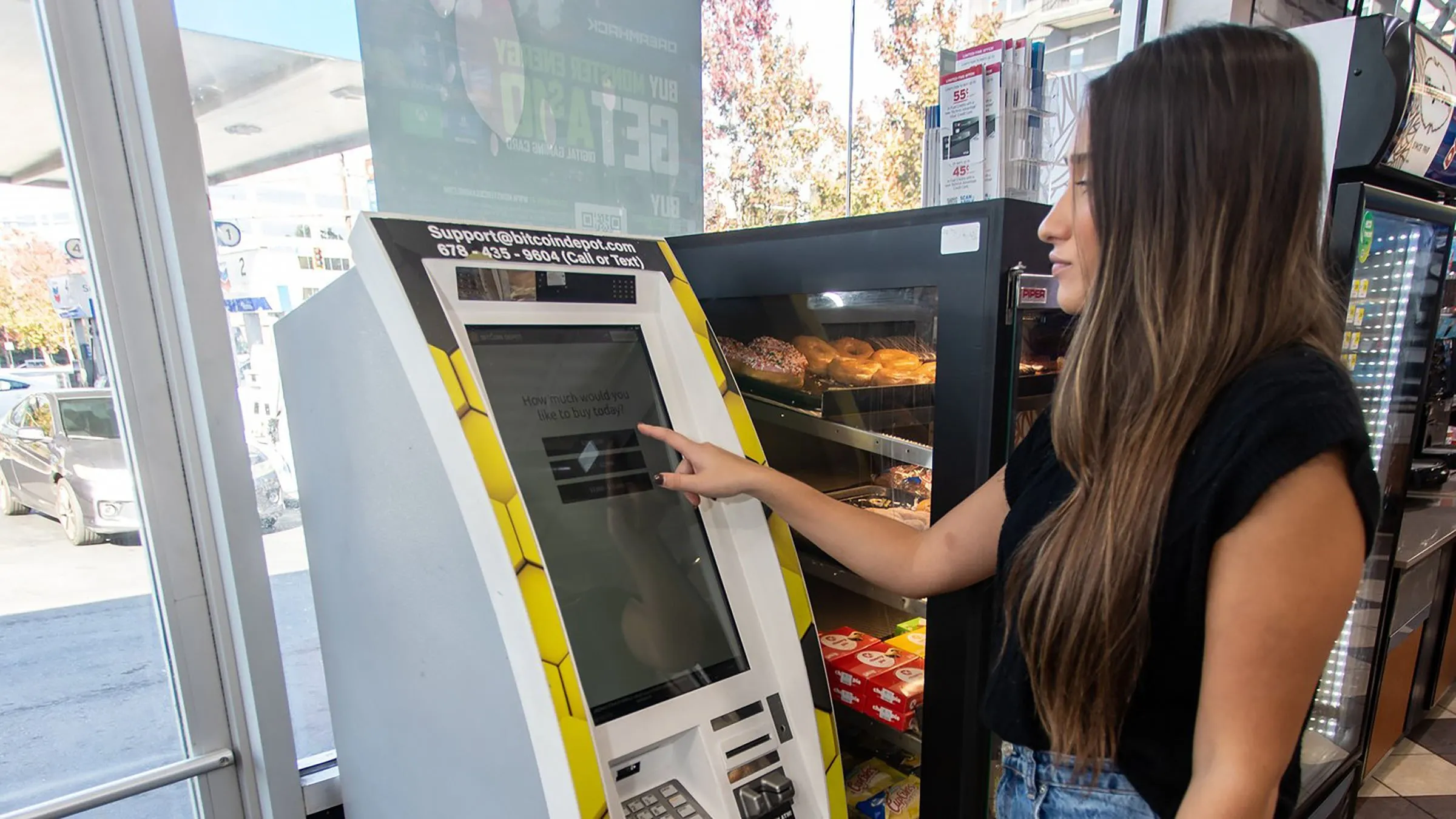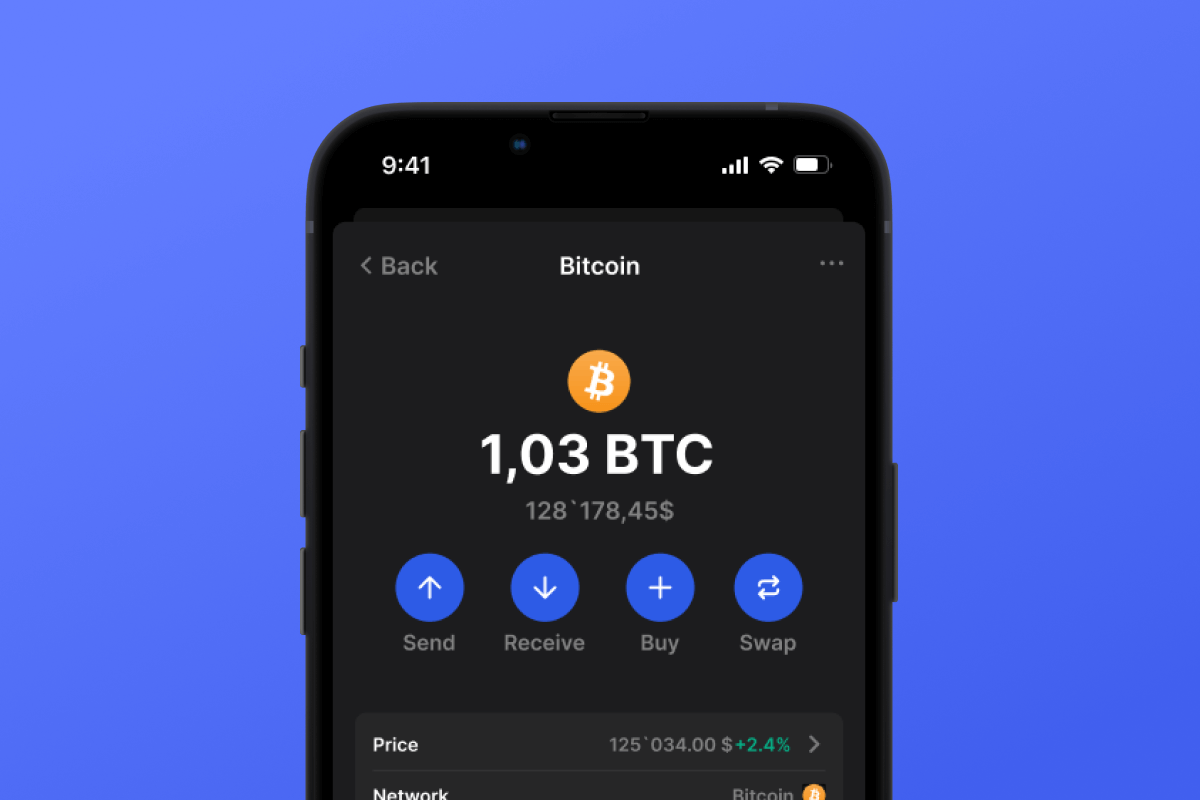For users looking to buy or sell crypto in the U.S., Coinme offers one of the more accessible platforms — especially for cash-based purchases at retail locations, kiosks or via debit card. But like any service, there are fees — and understanding them means you’ll know exactly how much of your money ends up as crypto (or how much you get when you sell). In this article we’ll break down Coinme’s fee structure: what you pay when buying with cash or card, what selling costs, network or transfer fees, and how Coinme compares to typical Bitcoin ATM networks.
How Coinme Works: Key Channels
Before diving into fees, it helps to understand the main ways you can transact with Coinme:
- Cash-to-crypto at retail checkout locations via the “Coinme Cash” network. Coinme+1
- Cash purchases via kiosks such as partner ATM networks (or retail kiosks) using Coinme as the provider. BitDegree+1
- Card purchases (debit or possibly credit) via the Coinme app. BitDegree+1
- Selling crypto (or cashing out) via certain Coinme networks/ATMs. Coinme+1
- Sending crypto to external wallets: network fees (on-chain) will apply. help.coinme.com
Because the channel you use matters (cash vs card vs kiosk vs selling), the fee structure is not uniform.
Fee Breakdown: What You’ll Pay
Buying Crypto via Cash at Retail Checkout (Coinme Cash)
One of the more favourable fee structures in the Cash-to-Crypto space:
- Coinme charges a flat retail service fee of $3.95 regardless of transaction size. Coinme+1
- On top of that, there’s a 5% cash exchange fee for the transaction. help.coinme.com+1
- Example: If you hand over $100 cash at a participating retailer, you’ll pay $3.95 + 5% of $100 = $8.95 total fee, so you effectively convert ~$91.05 of value into crypto. help.coinme.com
- Coinme promotes this as significantly lower cost compared to typical Bitcoin ATMs. Coinme+1
Buying Crypto via Card or Other Kiosk Channels
- If you use a debit card (or link card) via the Coinme app, you’ll incur both an exchange fee and card-processing fee. For example: up to about 5.49% exchange + ~3.25% card processing (min $1) is reported. BitDegree
- Using a partner kiosk (e.g., Coinstar kiosks powered by Coinme) may have higher fees. For instance: an exchange fee of ~12.5% plus additional transaction/kiosk fees in some cases. BitDegree
- When buying with cash via kiosks (not the retail checkout model) the fees may be much higher: e.g., some locations report 13%-22.5% cash exchange fee. help.coinme.com+1
Selling Crypto / Cashing Out
- For cash-out at a Coinme-enabled ATM (or partner ATM) they list selling fees of up to ~1.99% cash exchange fee + $2.50 flat fee in some cases. Coinme+1
- Note: network (blockchain) fees still apply when sending crypto externally. Coinme clarifies this is separate from exchange fees. help.coinme.com
Network/Blockchain Fees & Spread
- Even when you pay a relatively modest “fee”, part of your cost may be baked into the exchange rate spread (i.e., the markup over the market/spot price). For example: Coinme mentions a spread in certain scenarios. BitDegree+1
- On-chain transactions (sending crypto out to another wallet) carry the network/miner fees of the blockchain itself — not set by Coinme but paid by you. help.coinme.com
Things to Watch: Hidden Costs & Considerations
- Always check your effective cost, not just the “fee” line: if the exchange rate is unfavourable (spread high), you may receive fewer crypto units than expected.
- Fee structures vary by location, payment method, and transaction channel (retail checkout vs kiosk vs card) — so the quoted “5% + $3.95” applies only in the retail checkout model. Coinme+1
- Some of the kiosk/ATM models (especially older ones) still carry very high fees — Coinme itself points out typical Bitcoin ATMs have 15-30%+ effective cost and positions its lower-cost model as an alternative. Coinme+1
- Transaction limits apply — e.g., daily/monthly caps, depending on KYC status and location. BitDegree+1
- When you sell or transfer crypto, ensure you account for transfer time, any blockchain delay, and wallet address correctness (mistakes can cost money).
- Promotions or special offers may change — always check the current fee schedule in the app or website before proceeding.
Verdict: Is Coinme Fee-Competitive?
Yes — but with caveats. If you’re using the retail checkout cash channel (Coinme Cash model) you’re getting one of the more competitive fee structures for cash-to-crypto access: flat ~$3.95 + 5% is reasonably modest compared to many kiosk/ATM networks. For users without a bank account or those using cash, this means more crypto stays in your wallet instead of being eaten by fees.
However:
- If you’re using card purchases or older kiosk models, your fees may climb significantly higher (double-digit percentages).
- If you compare to online exchanges (bank transfer, ACH, etc.), you may still find lower fees elsewhere — but then convenience (cash, no bank account) may be the trade-off.
- If your transaction size is very small, $3.95 flat fee may represent a large percentage of your purchase — so it’s less efficient at tiny amounts.
In short: If you live near a retail location and want cash accessibility, Coinme is a solid option. If you’re optimizing purely for cost and are comfortable with online bank-linked exchanges, you may find cheaper.
Practical Tips Before You Use Coinme
- Open the Coinme app and select your method (cash at retailer, card, kiosk) and check the actual fee line and quoted crypto amount before you hand over funds.
- For cash purchases at retail checkout, choose a location listed under “Coinme Cash” (not generic kiosk) to get the lower fee model.
- For larger amounts, consider checking whether card or bank-linked purchases yield lower spread + fees than cash.
- When selling or cashing out, compare the net amount you receive after all fees (exchange fee + flat transaction fee + any network fees) to ensure it’s acceptable.
- Be aware of limits (daily/weekly/monthly) depending on your verification level.
- Keep your receipt and verification emails for KYC/transaction records in case of dispute.
- Always use a secure wallet, confirm your address, and understand that once crypto is sent out, you cannot reverse the transaction.
Conclusion
Coinme offers a transparent, tiered fee structure depending on how you transact — and for cash-to-crypto at retail checkout, it has one of the more favourable sets of fees in the space (~5% + $3.95). But not all transactions are equal: card purchases, kiosk models, and crypto transfers bring extra costs. By understanding exactly how fees are applied, you’ll be better situated to choose the right payment channel for your needs — and receive more crypto for your dollars (or keep more cash when selling). Always review the current fee schedule in the app, and consider how the convenience of cash or card access compares with the cost.

